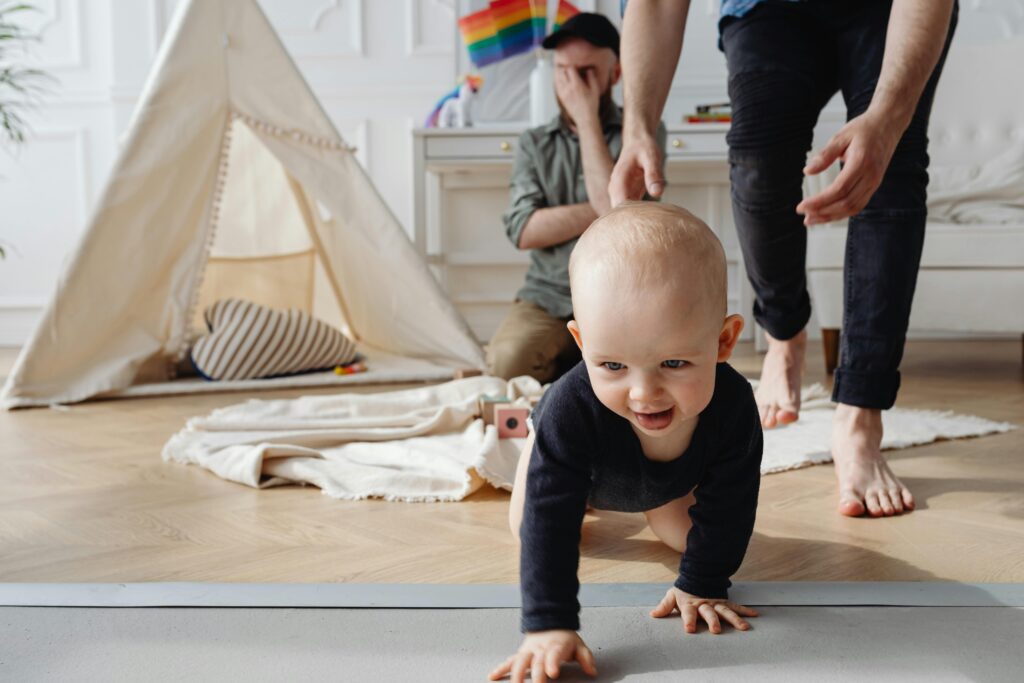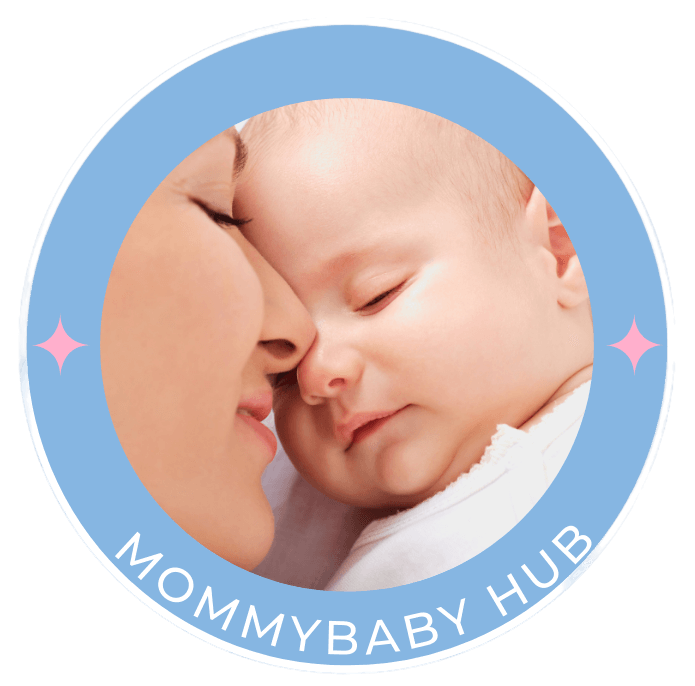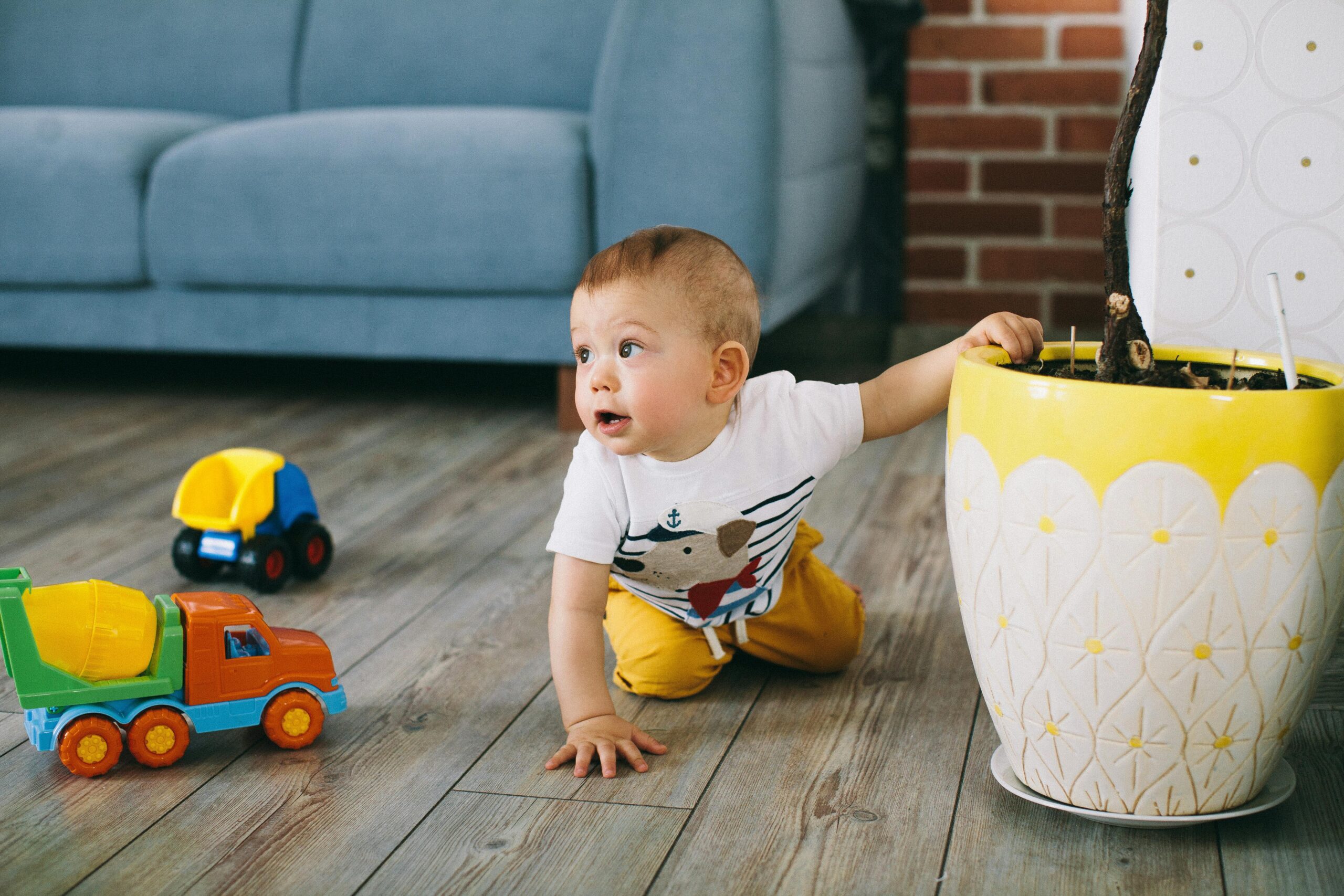Baby development milestones are markers in behavior and physical skills as your baby grows and develops from infancy into childhood.
They are used to determine if a child is undergoing typical development. Although every child is unique, the first 1000 days of life are marked by the rapid development of the brain and other skills.
Milestones are categorized into fine and gross motor, language, socio-emotional, behavior, and cognitive skills. Understanding and Identifying milestones can help you recognize delayed development seek early intervention and improve the outcome.
Below is the journey of your baby’s achievements during the first 2 years of life
Baby development milestones within the first 2 months
At 2 months your baby will have the following growth and skills target
Movement and physical baby development
- Less head lag.
- Stepping and grasping reflexes disappear.
- Closing of the soft spot at the back of the head.
- He will be able to lift his head while lying on his stomach.
Sensory and cognitive baby developments
- Begin to look at close objects.
- Can turn the head side to side with sound at ear level.
- Pay attention to the faces.
- Smiles at familiar faces.
- Make cooing noises.
Baby development milestones within the first 4 months
At 4 months your baby grows more socially and moves more purposefully.
Physical and motor skill
- Your baby can weigh 2 times more than their birth weight.
- He should be able to sit up if supported.
- Your baby should be able to hold and play with a toy with both hands but won’t pick it up when dropped.
- He can hold and let go of an object and can be able to put it in his mouth.
- The head will be less drooping while sitting.
- He should be able to roll from front to back.
Sensory and cognitive skills
Your 4-month-old baby is expected to:
- Recognize people and objects he is familiar with from a distance.
- Anticipate feeding when he sees a feeding bottle.
- Be able to laugh out loud
- Tract moving objects with eyes by following them side to side
- Recognize parent’s voice or touch
- Increase eye contact with other people.
Baby milestones within the first 6 months
From six months get ready by removing sharp and breakable objects from your baby’s reach. Start preparing your home for a mobile baby.
Motor and physical milestones
At six months your baby should be able to:
- Lift chest and head when lying on stomach.
- Start teething which increases drooling.
- Sit on a high chair with a straight back.
- Roll over in both directions.
- Pick up dropped objects.
- Sit without support
Cognitive and sensory milestones
- Recognize and respond to his name.
- Respond to noise by making sounds.
- Start to differentiate familiar faces from strangers.
- Pass objects from one hand to the other.
- Make sounds to the mirror and toys.
- Put vowel sounds together such as da-da.
- Can locate sound not made directly at the ear level.
Baby development milestones within the first 9 months
By the age of nine months, your baby is more mobile and likes to explore. They should be able to crawl and can raise themselves to stand with support.

Safety in your house is essential as your baby’s curiosity and mobility grow.
At the age of nine months, your baby has most often reached the following milestones:
- Start to crawl
- Pull up to stand with the support of furniture
- Pick up small objects with their thumb and index finger.
- Pick toys as they fall
- He can throw and shake objects.
- Can feed themselves with fingers
- Understand the word “no” and like to copy what you say or do.
- Can wave goodbye
- Has favorite toys which he reaches more often.
- May cling to familiar adults and may be afraid to be left alone.
Baby development milestones between 1 – 2 years
All children develop differently if you have a concern about your baby’s development seek advice from a healthcare provider.
Developmental characteristics are as follows:
- Respond to simple commands.
- Can be able to drink from a cup.
- Put out legs and hands when dressed.
- Use more words.
- Can stand and walk without support.
- Can feed more neatly with a spoon
- Can make gestures
- Can play with other children and learn to share toys.
- Points at pictures in a book.
- Can point to body parts.
The developmental milestones evolve with the baby as he/she grows. All children do not reach a certain milestone at the same age. Every baby is unique and grows differently from the others even if they are from the same mother. Nevertheless, developmental delays should be intervened by seeking early advice from a healthcare provider. Taking your baby to child welfare clinics regularly can help to detect developmental delays if present.

